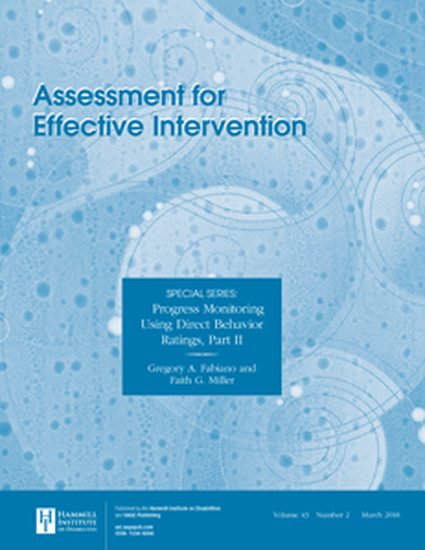
Replication is a foundation of the development of a knowledge base in an evidence-based field such as education. This study includes two direct replications of Hosp, Hensley, Huddle, and Ford which found evidence of criterion-related validity of curriculum-based measurement (CBM) for reading and mathematics with postsecondary students with developmental disabilities (DD). Participants included two cohorts of postsecondary students with DD enrolled in a 2-year certificate program at a large Midwestern university (n = 24 and 21). Using the same standardized procedures as Hosp et al., participants were administered CBMs for Oral Passage Reading (OPR), Maze, Math Computation, and Math Concepts and Applications. Descriptive statistics and bivariate correlations between CBMs and the content-appropriate Woodcock–Johnson Tests of Achievement–Third Edition were calculated. No significant differences in criterion-related validity coefficients between cohorts were found but differences between the correlations for Math Computation and Math Concepts and Applications identified in Hosp et al. were not found in either replication cohort.
Available at: http://works.bepress.com/jeremy_ford/12/
